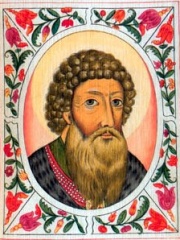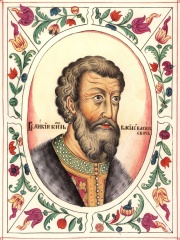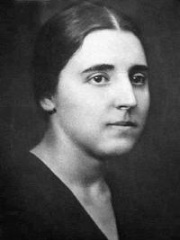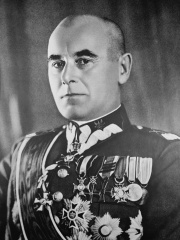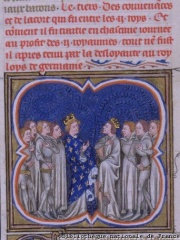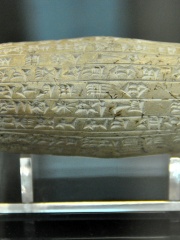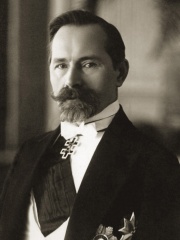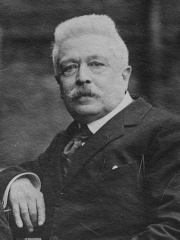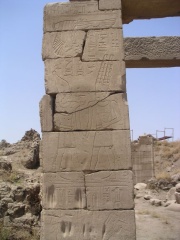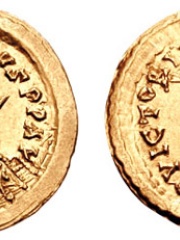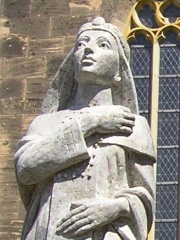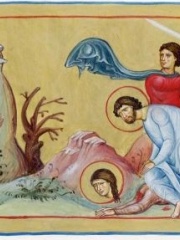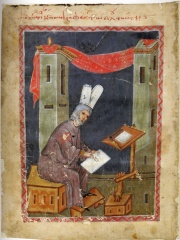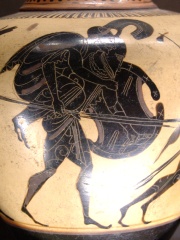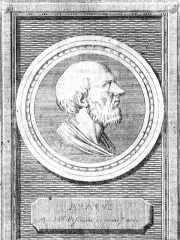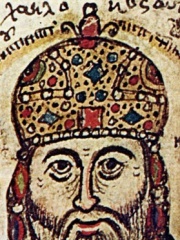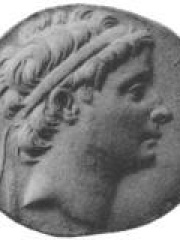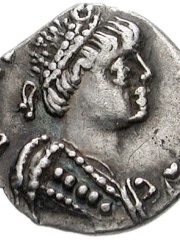Político
Phorcys
PT.WIKIPEDIA PAGE VIEWS (PV)
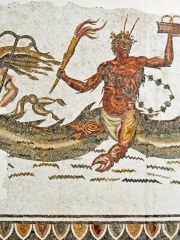
 Phorcys
Phorcys
Sua biografia está disponível em 47 idiomas na Wikipédia. Phorcys é o 2280º político mais popular (caiu do 1816º em 2024), a 271ª biografia mais popular da Turquia (caiu do 237ª em 2019) e o 148º político mais popular da Turquia.
Memorability Metrics
Page views of Phorcys by language
Among Políticos
Among políticos, Phorcys ranks 2,280 out of 19,576. Before him are Ivan I of Moscow, Abd al-Karim Qasim, Bertie Ahern, Vasily II of Moscow, Nadezhda Alliluyeva, and Francisco Solano López. After him are Edward Rydz-Śmigły, Louis the Younger, Nabopolassar, Antanas Smetona, Vittorio Emanuele Orlando, and Psamtik III.
Most Popular Políticos in Wikipedia
Go to all RankingsIvan I of Moscow
1288 - 1340
HPI: 71.46
Rank: 2,275
Abd al-Karim Qasim
1914 - 1963
HPI: 71.46
Rank: 2,276
Bertie Ahern
1951 - Present
HPI: 71.46
Rank: 2,277
Vasily II of Moscow
1415 - 1462
HPI: 71.46
Rank: 2,278
Nadezhda Alliluyeva
1901 - 1932
HPI: 71.46
Rank: 2,279
Francisco Solano López
1827 - 1870
HPI: 71.45
Rank: 2,280
Phorcys
HPI: 71.45
Rank: 2,281
Edward Rydz-Śmigły
1886 - 1941
HPI: 71.45
Rank: 2,282
Louis the Younger
835 - 882
HPI: 71.45
Rank: 2,283
Nabopolassar
658 BC - 605 BC
HPI: 71.44
Rank: 2,284
Antanas Smetona
1874 - 1944
HPI: 71.44
Rank: 2,285
Vittorio Emanuele Orlando
1860 - 1952
HPI: 71.44
Rank: 2,286
Psamtik III
590 BC - 525 BC
HPI: 71.44
Rank: 2,287
In Turquia
Among people born in Turquia, Phorcys ranks 271 out of NaN. Before him are Basiliscus (500), Fahri Korutürk (1903), Theophanu (960), Adnan Menderes (1899), Philemon (100), and Niketas Choniates (1155). After him are André Chénier (1762), Anchises (null), Dardanus (null), Priscus (410), Aratus (-315), and Michael IX Palaiologos (1277).
Others born in Turquia
Go to all RankingsBasiliscus
POLITICIAN
500 - 476
HPI: 71.65
Rank: 265
Fahri Korutürk
POLITICIAN
1903 - 1987
HPI: 71.58
Rank: 266
Theophanu
POLITICIAN
960 - 990
HPI: 71.58
Rank: 267
Adnan Menderes
POLITICIAN
1899 - 1961
HPI: 71.51
Rank: 268
Philemon
RELIGIOUS FIGURE
100 - 68
HPI: 71.46
Rank: 269
Niketas Choniates
HISTORIAN
1155 - 1217
HPI: 71.45
Rank: 270
Phorcys
POLITICIAN
HPI: 71.45
Rank: 271
André Chénier
WRITER
1762 - 1794
HPI: 71.30
Rank: 272
Anchises
POLITICIAN
HPI: 71.30
Rank: 273
Dardanus
POLITICIAN
HPI: 71.28
Rank: 274
Priscus
PHILOSOPHER
410 - 471
HPI: 71.23
Rank: 275
Aratus
WRITER
315 BC - 240 BC
HPI: 71.21
Rank: 276
Michael IX Palaiologos
POLITICIAN
1277 - 1320
HPI: 71.14
Rank: 277
Among Políticos In Turquia
Among políticos born in Turquia, Phorcys ranks 148. Before him are Alexios II Komnenos (1169), Helenus (null), Basiliscus (500), Fahri Korutürk (1903), Theophanu (960), and Adnan Menderes (1899). After him are Anchises (null), Dardanus (null), Michael IX Palaiologos (1277), Seleucus II Callinicus (-265), Vitiges (475), and Celâl Bayar (1883).
Alexios II Komnenos
1169 - 1183
HPI: 71.81
Rank: 142
Helenus
HPI: 71.70
Rank: 143
Basiliscus
500 - 476
HPI: 71.65
Rank: 144
Fahri Korutürk
1903 - 1987
HPI: 71.58
Rank: 145
Theophanu
960 - 990
HPI: 71.58
Rank: 146
Adnan Menderes
1899 - 1961
HPI: 71.51
Rank: 147
Phorcys
HPI: 71.45
Rank: 148
Anchises
HPI: 71.30
Rank: 149
Dardanus
HPI: 71.28
Rank: 150
Michael IX Palaiologos
1277 - 1320
HPI: 71.14
Rank: 151
Seleucus II Callinicus
265 BC - 225 BC
HPI: 71.03
Rank: 152
Vitiges
475 - 542
HPI: 70.97
Rank: 153
Celâl Bayar
1883 - 1986
HPI: 70.92
Rank: 154
